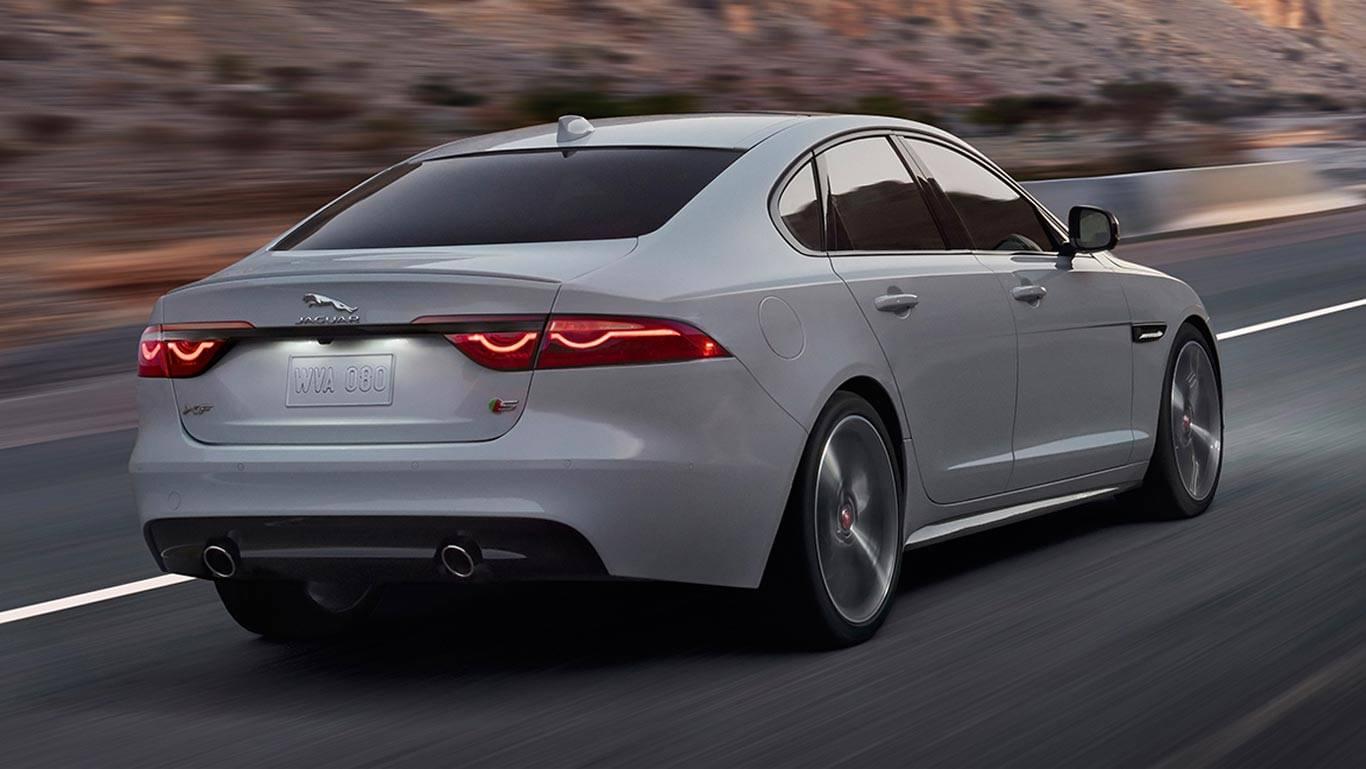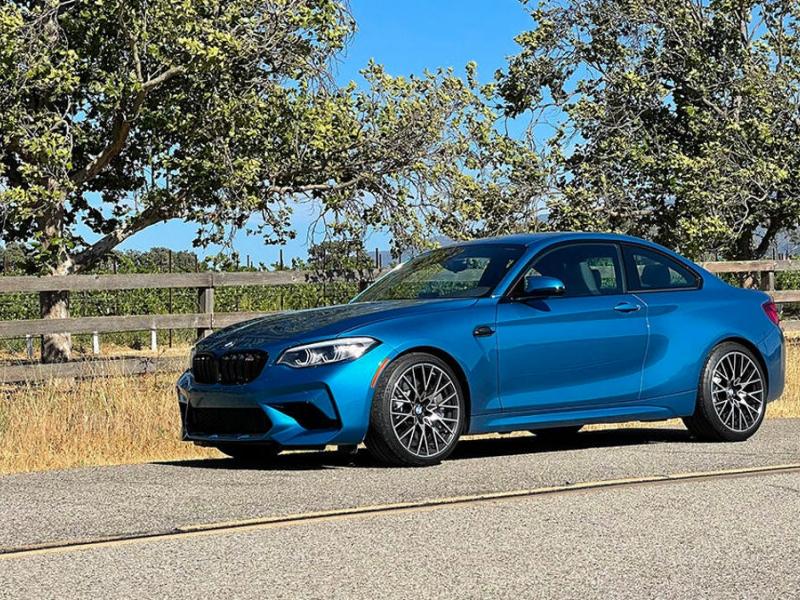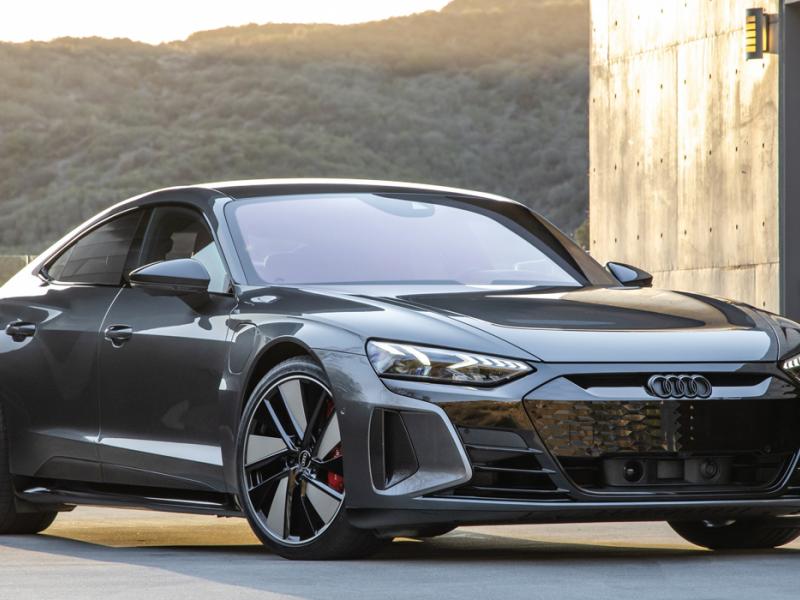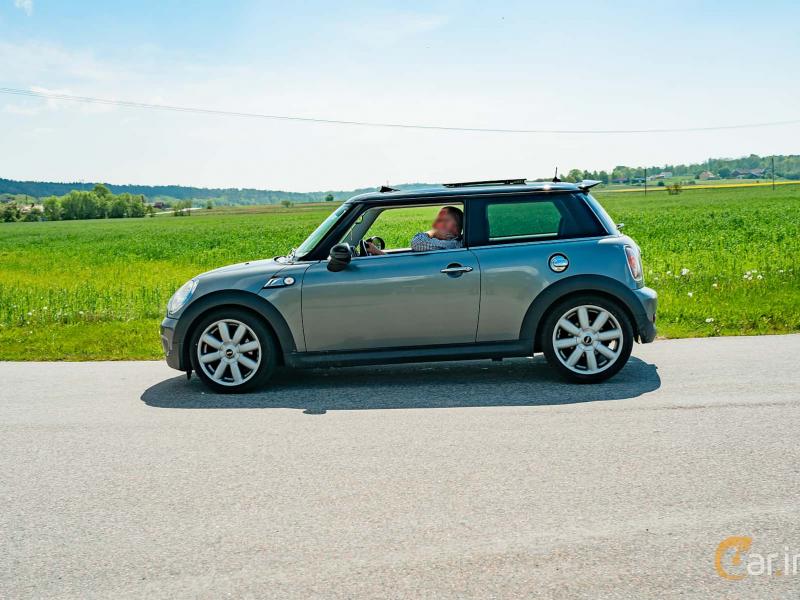Renault R-Space Concept
Renault quietly unveiled a nice concept car at the Geneva Motor Show called the R-Space.
This funky family car has one goal and that’s to prove that people carriers don’t have to be boring. It has an excessively curvy body that seems to be base don the same recipe that created the Dezir and Captur concept. It offers lots of space inside the cabin in spite of the fancy exterior with that low roof line.
R-Space is powered by a turbocharged three-cylinder, 110 hp, 900cc petrol engine mated to an Efficient Dual Clutch transmission (EDC). This engine previews the new range of modular TCe engines, ‘Energy TCe’, that Renault will begin launching next year.
Renault is a expert of compact but practical vehicles. Remember the Modus? This could be a preview for the next generation of that car!
Check out the R-Space concept in details in the press release below:
The brief given to the designers was to come up with a simple, sensuous and welcoming family vehicle to express Renault’s new design philosophy in the MPV class. To achieve this, the designers combined sensuality with a monospace architecture. The result is a compact people carrier measuring 4.25 metres in length, and with a silhouette that is flowing, powerful and sporty.
“R-Space brings together qualities long considered opposed: family, functionality, sportiness and sensuality,” explains Axel Breun, Director of Design for Concept and Show Cars. “It answers the expectations of a large slice of our modern society.”
The tapered profile of the side windows emphasises the dynamic profile, while the large windscreen and panoramic roof – the thickness of which gradually changes – transform the passenger compartment into a cosy cocoon of shade.
The nose of R-Space adapts the new visual identity (centred on the large, vertically-oriented Renault lozenge) to the proportions of an MPV. The body panels are shaped as sculptured volumes, meaning that the eye is drawn much more to reflections and the play of the light than to the lines themselves.
The body design uses strong forms inspired by the human body. “With R-Space, it was the pent-up energy in tensed muscles that inspired me,” reveals Fabrice Pouille, exterior designer. “I wanted to make people feel the urge to caress the body, to make it sensuous – despite the fact that this is an MPV aimed at families.”
Renault’s strategic sequence of concept car designs brings with it a parallel progression in their colours: starting with the passionate red of DeZir, future concept cars will follow the sequence of the chromatic circle. Coming after the orange employed for Captur, R- Space is clad in honey-gold bodywork.
The theme being that of the family, it was the image of the family Sunday breakfast that provided the inspiration for R-Space’s colours and materials. “The tenderness and warmth of these shared moments find their expression in tones that are hot and ’sweet’: the white of the milk, the golden shades of the honey, the brown of the chocolate,” explains Laurence Widmer, Head of Colours and Materials on the R- Space concept car. The theme of softness and sweetness is also mirrored in the choice of materials – including suede – which are lush to look at and pleasing to the touch.
As the pioneer of the MPV, Renault is putting forward R- Space to take the notion a step further. To achieve this, the designers took as their starting point the notion that had made the model such a success in the past: the intelligence of the concept itself.
Interior designer Alexandre Gommier explains: “To reinterpret this idea in a modern context, we provided a strong visual and functional contrast between the driver environment, where the focus is on driving pleasure, and a surprising and highly-original rear section conceived as a play space for children.”
The scene comes to view as soon as you open the double doors which, unobstructed by any central pillar, give clear access to a spectacular interior designed to trigger strong emotions from the very first glance.
In terms of interior design, the family likeness to the DeZir concept car is clearly visible at the front in the forms of the dashboard and seats. The driver enjoys a cockpit-like environment, with a section of the seemingly floating dashboard being specifically dedicated to driving functions. The interlinking movement suggested by the shaping of the front seat backrests is a return to the idea of a couple in love.
At the rear, the world revolves around children. This is a play space, flexible and infinitely versatile, and formed from a simple and universal shape – the cube. Twenty-seven miniature motors power an array of height-adjustable hexahedrons, allowing four settings to be programmed, from an all-flat surface, to a booster seat, a table or a random configuration (only when the vehicle is parked) for children’s games. The cube is a consistent theme in furniture design but not something one expects to come across in the world of cars: in R-Space’s cabin, however, it is very much in evidence – to the extent of even forming the covering for the floor and door casings.
THE TECHNICAL DIMENSION: AN ENVIRONMENTALLY-FRIENDLY FAMILY VEHICLE
R- Space is powered by the Energy TCe Concept. Packed with advanced features, this direct-injection petrol engine previews the new range of modular TCe engines that Renault will begin launching onto the market next year.
With a capacity of 900cc, this three-cylinder concept-engine is a product of the Renault-Nissan Alliance. Mated to an automatic EDC double clutch gearbox, it provides the performance of a 1.6 litre engine, with peak power of 110hp/80kW and 160Nm of torque. Its CO2 emissions have been kept to just 95g/km, equivalent to fuel consumption of just 3.7 litres/100km.
Packed with high-tech features:
- The Energy TCe Concept engine is an illustration not only of Renault’s strategy of downsizing, but also of the package of innovative fuel-saving, emissions-reducing technologies that will be introduced on the company’s next-generation engines. On the list are technologies such as direct fuel-injection, radio-frequency spark plugs, an EGR (exhaust gas recirculation) Boost system, a pulse Stop&Start system – and even a variable-displacement oil pump. In addition to work aimed at minimising internal friction, these measures have achieved a very significant reduction in fuel consumption and CO2 emissions without sacrificing performance.
- The combustion system, too, has received special attention, with variable camshaft timing and the effect of the improved compact manifold integrating the turbo giving excellent acceleration response, especially at low rpm.
- Direct petrol injection: fuel is injected at high pressure directly into the combustion chamber. In combination with the radio frequency spark plugs, which boost the size of the spark (up to 1,000 times bigger than with a conventional system), the injection system raises combustion to the highest level of efficiency. This breakthrough in ignition technology has been developed in collaboration with BorgWarner Beru Systems.
- As is the case with certain diesel engines, including the new dCi 130, EGR Boost technologycaptures the exhaust gases after they have passed through the turbocharger and after-treatment system. Cooled in a heat exchanger before being reintroduced into the air upstream of the turbo, these gases then follow the charge-air cooling circuit before entering the combustion chamber to dilute the fuel-air mixture. On petrol engines, this technique helps reduce combustion temperatures, thereby boosting the compression ratio and reducing CO2 emissions.
- Pulse start: thanks in particular to the direct injection, this technology allows the ultra-rapid stopping and restarting of the engine when the vehicle is stationary.
- The variable-displacement oil pump regulates the throughput of oil in line with the precise requirements of the engine, thus limiting the energy consumed by the pump. Efforts to reduce frictional losseshave focused particularly closely on the 12 cam followers, timing chain and piston skirts.
- A thermal management system, finally, helps the engine warm up more rapidly following a cold start. With the oil reaching its optimum viscosity more quickly, internal friction is reduced.
To further reduce fuel consumption and pollutant emissions, R- Space is fitted with a system known as DRIVINGECO². With a simple push of the “Eco” button, this system automatically adapts engine response in relation to the various parameters influencing energy consumption (altitude, ambient temperature, use of heater, etc).
The “DRIVINGECO² Conseil” setting alerts and informs the driver as to the best way to drive economically and safely.
R- Space is also equipped with the Visio-System which is based on a forward-facing camera dedicated to driver-assistance features. The “DRIVINGECO²” function captures information concerning the vehicle’s surroundings (traffic lights, pedestrian crossings etc), enabling the “DRIVINGECO² Conseil” function to indicate to the driver the best way to drive economically in each situation.
When the camera detects a set of traffic lights changing from green to red, for example “DRIVINGECO²” advises the driver to stop accelerating. If, on the other hand, the camera detects a clear road ahead, and if the clear distance ahead permits, the advice would be to accelerate briskly to reach the required cruising speed.
At the end of the journey, the “DRIVINGECO² Score” function rates the driver’s eco-driving performance, detailing various parameters such as the use of brakes and engine braking. This helps the driver to evaluate his or her own eco-driving technique and benefit from the appropriate advice.
The fun side of improving one’s eco-driving performance is something that can also be shared in real time with the passengers: children in the rear playing video games on the screens inset into the head restraints automatically receive bonus points if the driver achieves a particularly good eco-score on a section of the journey.
Dimensions
| Length | 4,250mm |
| Width | 1,850mm |
| Height | 1,547mm |
| Ground clearance | 151mm |
| Wheelbase | 2,717mm |
| Front track | 1,592mm |
| Rear track | 1,592mm |
Technical data
| Engine | Petrol, turbo, direct injection |
| Power | 80kW (110hp) |
| CO2 emissions | 95g/km (combined cycle) |
| Peak torque | 160Nm |
| Top speed | 200kph |
| Transmission | Efficient Dual Clutch |
| Tyres | 245 / 35 R 21 |
| Cd | 0.28 |
| Unladen weight | 1,300kg |
| 0-62mph | 11 seconds |
Related posts:




